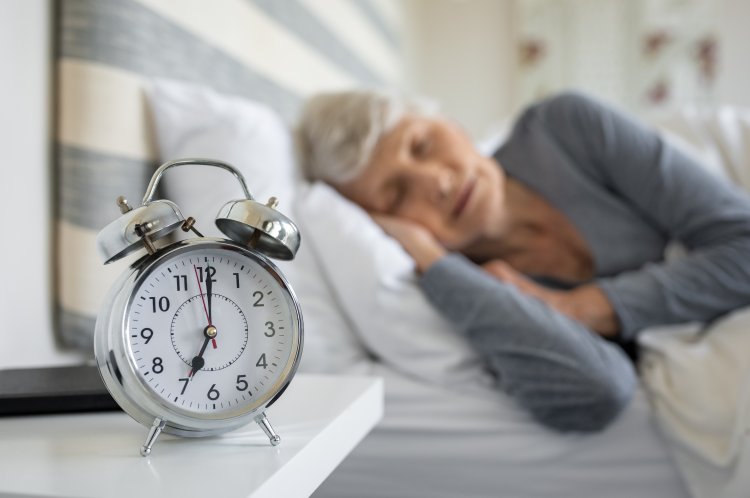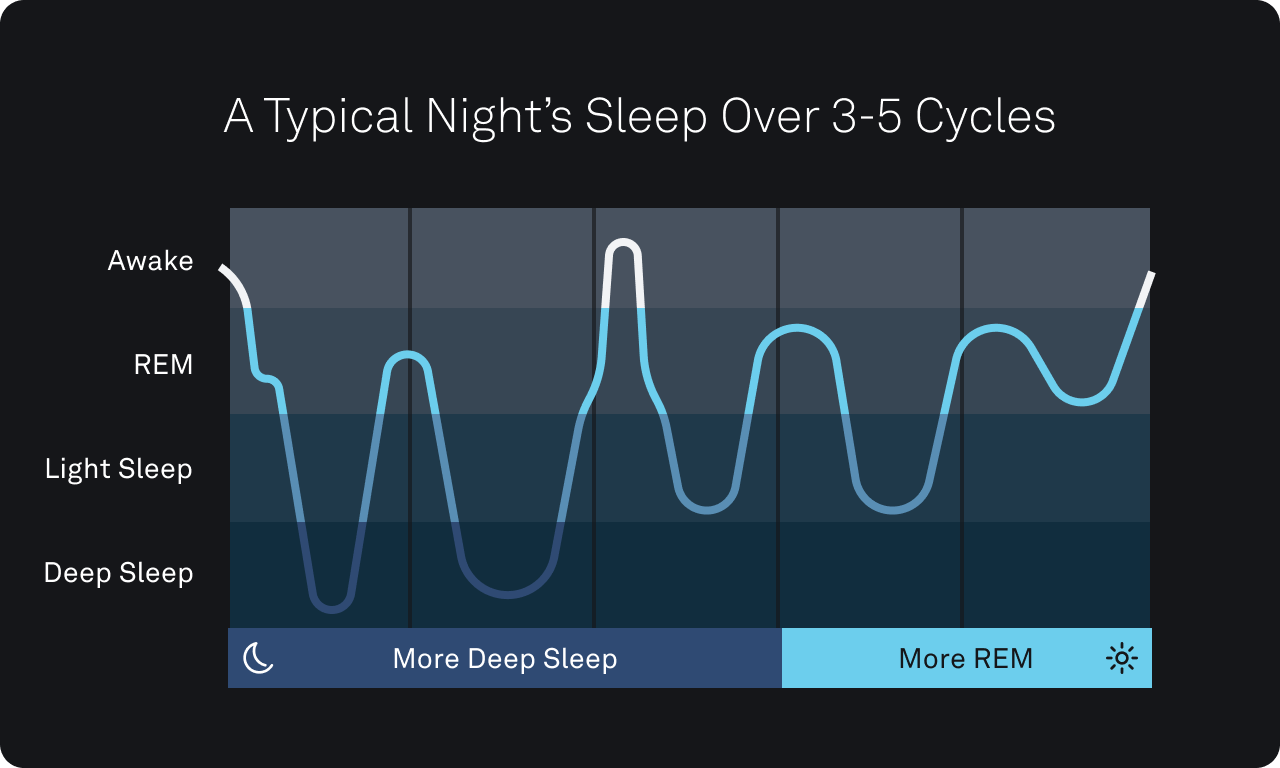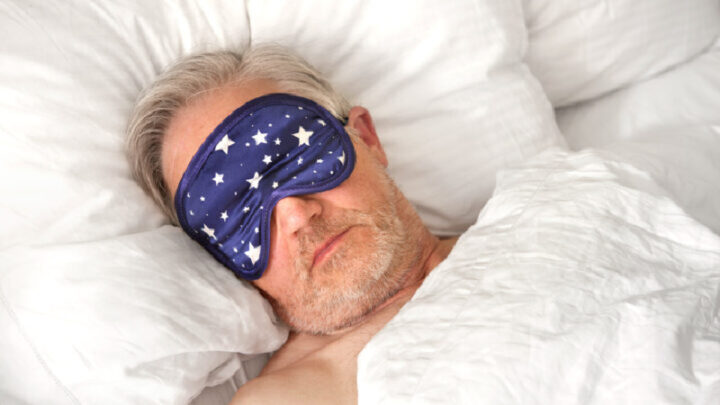Aging and Sleep: How Better Rest Protects Your Brain Health
As we age, many of us begin to understand in a very personal way what science has been saying all along: sleep isn’t a luxury, it’s brain fuel. A full night of quality rest doesn’t just leave you feeling refreshed—it helps preserve memory, sharpens attention, and protects long-term cognitive health.

I’ve spent years studying the link between sleep and brain function, and as the birthdays pile up, I’ve come to value firsthand the quiet power of restorative sleep. It’s not just about drifting off it’s about what your brain is doing while you’re there.
Why Sleep Is Essential for the Aging Brain
During sleep, your brain is far from idle. Hormones shift, your immune system recalibrates, and complex neurobiological processes unfold. These nighttime rhythms shape how well you learn, what you remember, and even how creative or resilient you feel the next day.
Think of it as an overnight filing system:
Experiences from your day are sorted and stored.
Problem-solving abilities are fine-tuned.
Emotional circuits are smoothed out so you wake with more balance.
Studies show that without this nightly reset, everything from mood to energy levels to memory can take a hit.
Different Sleep Stages, Different Benefits

Sleep isn’t one long stretch of rest, it's a cycle of five distinct stages that repeat throughout the night. Two of the most important:
REM Sleep (Rapid Eye Movement): This is where dreams live. Your brain lights up in areas tied to memory and emotion, while your body remains safely paralyzed. REM sleep weaves fragments of memory into strange dream tapestries, but it also strengthens emotional regulation and cognitive flexibility.
Slow Wave Sleep (Stage 2 & 3): Often called “deep sleep,” this stage is critical for consolidating skills and habits. Whether you’re practicing piano, learning to code, or just typing faster, your brain locks in those motor patterns during slow wave sleep.
Both stages are essential. Without them, your brain is like a computer running without updates, still functional, but increasingly glitchy.
How Aging Changes Sleep
Here’s the tough news: as we grow older, sleep architecture shifts.
Bedtimes creep earlier, which means wake-up calls at dawn.
REM sleep and slow wave sleep decline, making memory consolidation more fragile.
Sleep disturbances become more common, with conditions like sleep apnea disrupting oxygen flow to the brain.
Sleep apnea is more than just loud snoring; it's been linked to increased buildup of amyloid protein, a key marker of Alzheimer’s disease. Poor sleep raises amyloid levels, which in turn worsens sleep, creating a vicious cycle. It’s no surprise, then, that people living with Alzheimer’s often battle both insomnia at night and excessive daytime sleepiness.
Practical Ways to Protect Sleep as You Age

The silver lining? You can train your brain and body for better sleep. Small lifestyle changes add up, and experts emphasize that consistency is the secret sauce.
Here are science-backed tips for healthier sleep:
Keep a steady schedule.
Sleep only when sleepy. Avoid tossing and turning for hours. If you can’t sleep, get up, read, or do something calming until drowsy.
Optimize your environment. Keep your bedroom cool, dark, and quiet. Eye masks, white noise machines, or blackout curtains can help.
Ditch the screens. Power down at least an hour before bed.
Rethink stimulants and alcohol. Caffeine, nicotine, and even late-night chocolate can hijack your sleep cycle. Alcohol may make you drowsy, but it disrupts the deep, restorative stages of sleep.
Limit naps.
Build a ritual. A warm bath, gentle stretching, or mindfulness practice before bed signals to your body that it’s time to wind down.
Track your patterns. A simple sleep diary over two weeks can reveal how your routines, exercise, meals, and stress are affecting rest.
The Bigger Picture: Sleep as Preventive Medicine
Prioritizing sleep isn’t about vanity or indulgence, it's about longevity. Healthy sleep supports memory, guards against dementia, regulates mood, and sharpens daily functioning. For older adults, it may be the single most underestimated tool for maintaining independence and quality of life.
So the question isn’t just “Am I getting enough sleep?” It’s “Am I giving my brain the nightly restoration it needs to thrive?”
Because the truth is simple: aging well means sleeping well. And that’s a change worth making, starting tonight.
What's Your Reaction?




















